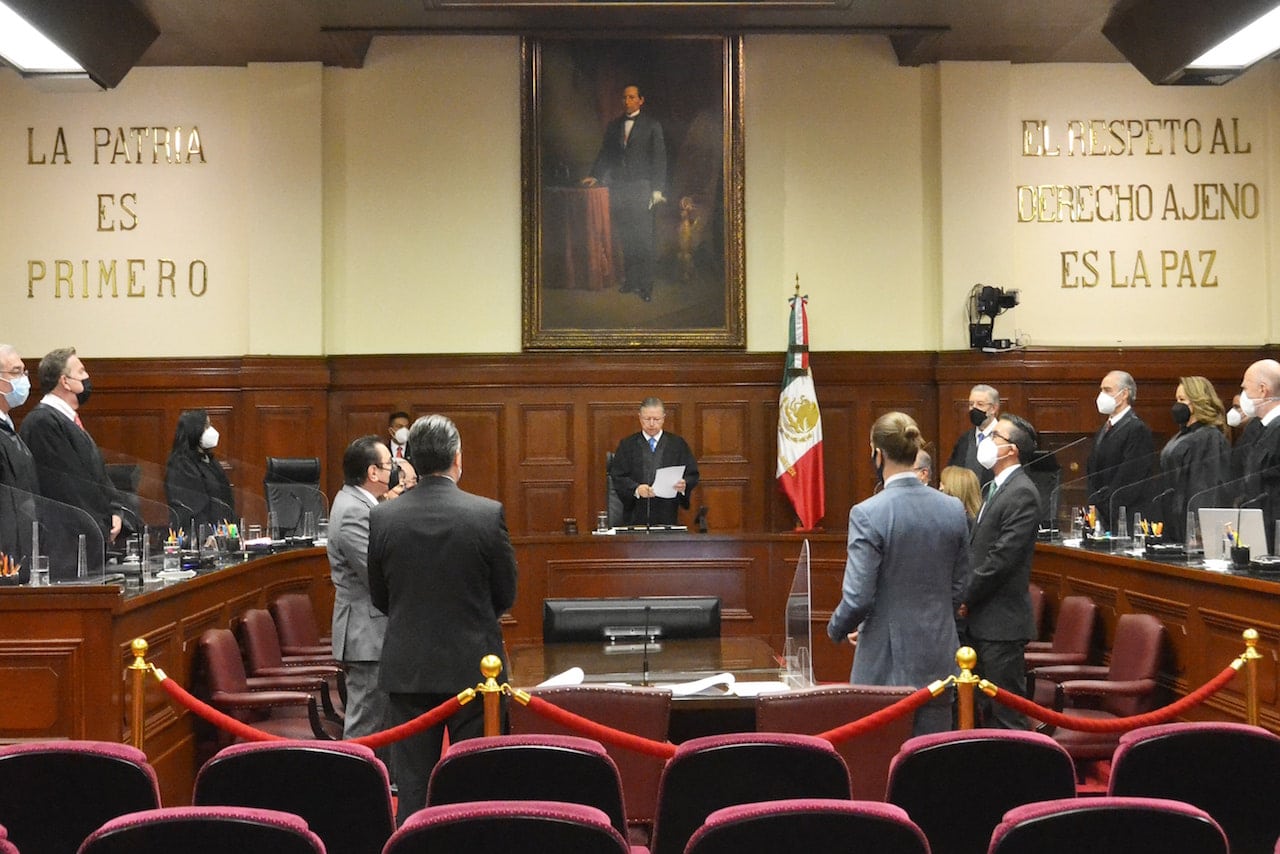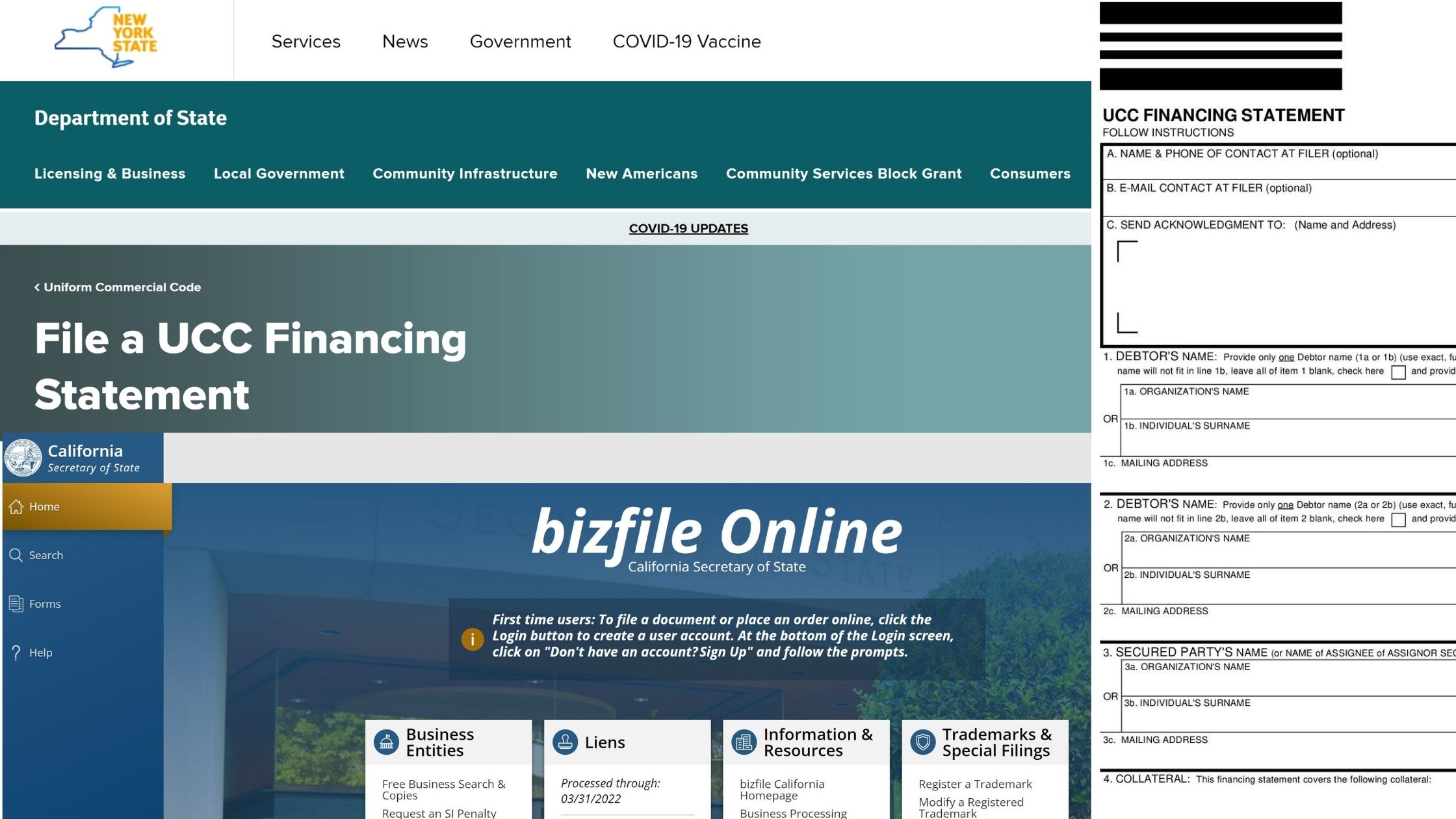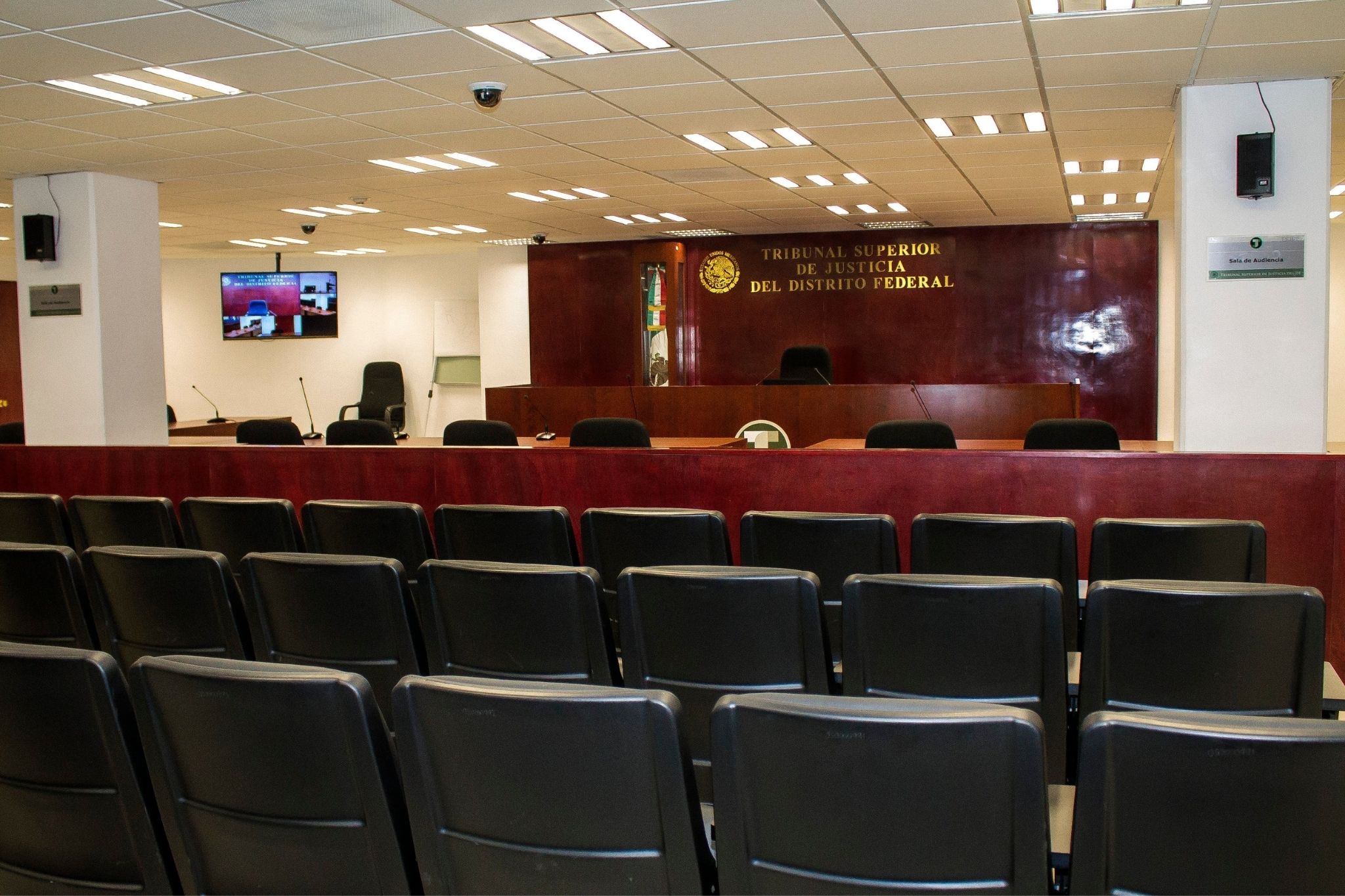Summary: Are there legal options available to creditors after amicable collection efforts are exhausted, but without engaging in full-blown litigation? This article discusses the formal demand letter of payment as a reliable option in Mexico, highlighting advantages and opportunities for creditors pursuing such tactic.
Introduction to the demand letter in Mexico
Creditors who have had experience in Mexican courts know that the road to collecting a debt in Mexico can be a daunting and frustrating task. In many cases, the legal process can be inefficient and ineffective, which leads to tough decisions regarding litigation in Mexico. For that reason, creditors are always looking for legal options once amicable efforts for the collection of debt have failed. A formal demand letter of payment made on debtors in Mexico is a great tool and a step forward to flex some muscle and show them that litigation is imminent and real.
The goal is for the creditor to present a formal demand letter to his debtor in Mexico through the court or a notary, hoping that they acknowledge the debt. Yet, in many ways, this demand accomplishes more things, even if an acknowledgment is unsuccessful. To provide a wider perspective, this article will highlight some features and discuss opportunities and benefits that are many times gained, while also pointing out challenges and making recommendations for gaining an edge and avoiding problems.
Features with potential opportunities of a formal demand
- Presumption of imminent litigation. A formal demand letter of payment shows a debtor that the creditor has kept his word in taking the necessary steps to proceed with legal action. A demand is preparation for litigation, and it is usually identified as such by a debtor. Upon knocking at their door with a notary or court official, the debtor knows that the matter is serious, and that full-blown litigation may be just around the corner. This might be the little push necessary for settling and getting paid.
- Acknowledgment of Debt. The main goal of a demand is to get an acknowledgement of debt from debtors. When demanding payment, the Notary will confirm a debtor’s response and any acknowledgment thereof. A successful acknowledgment achieves two things:
- Enables an executive proceeding, where creditors can immediately seize assets from their debtors upon filing a complaint pleading; and
- Interrupts the limitation period, which prevents expiration of a claim and gives the creditor more time to prepare and file legal action.
|
- Enables an executive proceeding, where creditors can immediately seize assets from their debtors upon filing a complaint pleading; and
- Making a claim ripe for litigation. Under Mexican law, a payment obligation does not become due if the creditor fails to make a formal demand for payment when terms of payment were not agreed or are questionable. This principle also applies when payments were agreed to be collected at the debtor’s address (usually seen in lease agreements). Thus, unless the claim is governed by the UN Convention on Contracts for the International Sale of Goods (“CISG”), which dispenses such formality, the creditor must make a formal payment demand upon his debtor before initiating legal action in Mexico.
- Presumption of balances owed. Where creditors hold a non-possessory pledge, the notification of the balance to the debtor creates a presumption that the balance is true and correct if the debtor fails to object to such balance within ten working days. This notice can be served with the demand letter.
- Cancellation of revolving credit. Under Mexican law, the termination, resolution, or cancellation of a revolving credit line usually requires a formal notification (known as “denuncia”) by the creditor. While this requirement might not always apply, a debtor is likely to raise that issue in court. Litigation of that issue is avoided in Mexico by making this notification of a formal demand letter of payment.
- Notification of assignment. For different purposes and strategies, creditors sometimes assign debt to their subsidiaries in Mexico or to third parties, especially to pursue legal collection. These assignments require formal notice to the debtor, which can be accomplished while making the demand.
- Making debtors accrue taxable income. Under Mexican tax law, a debtor is required to accrue a debt balance as a taxable income whenever a creditor notifies them that they are writing off such a balance. While it is questionable if such an obligation prevails in the case of foreign creditors, Mexican taxing authorities will find good arguments to collect taxes from such income immediately upon accrual, which can put debtors in serious problems if an audit shows that they failed to accrue and pay taxes at the time. The demand letter is a good opportunity to notify a debtor in Mexico that: 1) their debt is being written off, and 2) such measure is being reported to Mexican authorities. This will not prevent a creditor from further collection efforts in court.
- Interruption of limitation period. A (judicial) demand made through court on a preliminary non-litigious petition interrupts a limitation period even when debtors do not acknowledge the debt. This will apply strictly to judicial demands, and not to demands made through notaries.
Main challenge of formal demand letters of payment in Mexico
Power of Attorney (“POA”). One big hurdle for a foreign company engaging in litigation in Mexico is proving to the court that its representative has proper authority to act on their behalf during the case. This requires a complex POA subject to legalization, where even full details of the incorporation and legal standing of the company are required. While it is not specifically provided under the law that this level of formality is required in demand letters to be notified in Mexico through notaries (who may be lenient and waive such a requirement), it is recommended to proceed with a formal POA. First, it confirms that the intervention of the notary is legal (since they confirmed legal capacity with the highest level of certainty) and, second, it confirms the debtor that litigation is imminent since the POA required for the court is ready.
Options for making a formal demand in Mexico
Notary. The usual practice is to retain local notaries for witnessing the actual formal demand made by the creditor’s representative, or to deliver the demand letter of payment, both taking place in Mexico. The Notary will usually take an active role during the interview with the debtor. This option is usually preferred by creditors due to the flexibility and turnaround time that these officials afford.
Commercial Broker. These officials appointed by the federal government “Corredor Público”) serve as notaries and can also assist with formal demands arising out of commercial transactions. It is wise to consider these officials and compare flexibility and cost with the services of notaries in the same area. Depending on the jurisdiction, one may be a better option than the other.
Court. A second option is to pursue the demand of payment through the Mexican courts, by filing a formal petition. This process usually takes longer, as it will take additional time for the court to rule on the petition, and then schedule the task of making the formal notice at the debtor’s address, based on the clerk’s agenda. The burden will also be greater, as the creditor will have to retain a lawyer or law firm in Mexico who will prepare and submit the petition, and then follow up with the legal process in court. A formal POA will always be required by the court.
Overview of process for making the formal demand
The process of making a formal demand of payment in Mexico is fairly simple and straightforward, whether through a demand letter or by actual notice and demand. The notary or court official will accompany the creditor’s representative and witness the delivery of the demand letter or make a personal demand upon the debtor. The official will hand the debtor any demand letter, notices, and supporting documents provided by the creditor (or issued by the court) and will take an active role in asking the debtor about the debt. He will then prepare a minute of what transpired, focusing on the debtor’s response while accepting or rejecting the debt.
Final Recommendations for demand letter of payment in Mexico
- Provide hardcopy of demand letter. While verbal demands made through notaries suffice, it is prudent to prepare a written demand letter that covers all details that need to be conveyed to the debtor in Mexico, including notices and statements of balances. This prevents missing any item that renders the demand ineffective.
- Providing supporting documents for the claim. Since officials will ask the debtor about the debt, its origins and legitimacy, it is wise to provide copies of some supporting documents for the claim to afford the debtor an opportunity to object and render the demand as fully supported and legally justified.
- Find debtor’s representative. It is imperative to make the demand personally with the debtor or with their legal representative (when such debtor is a corporation). Any individual different than these will usually have no authority to bind such debtors and will render the demand partially ineffective.
- Get a formal POA. As stated previously, even if a notary is lenient and does not require a formal POA, it is both a safe call and a wise investment to cover this formality in the demand.
Desperate and frustrated creditors who have failed to collect through amicable efforts and are having second thoughts about pursuing litigation can find a safe compromise in making a formal demand letter of payment upon their debtor in Mexico. At the very least, in the eyes of the debtor, it is a serious step forward towards litigation, which helps creditors keep their word after the usual and repeated threats of litigation during collection calls. At best, the demand letter can trigger a settlement or provide the basis for a preferred executive proceeding in Mexico that affords creditors plenty of advantages in a more predictable and efficient way. While results may not always be there in a favorable or positive way, it is definitely a wise investment and a good opportunity for a creditor looking to make a serious impact on his debtor.





